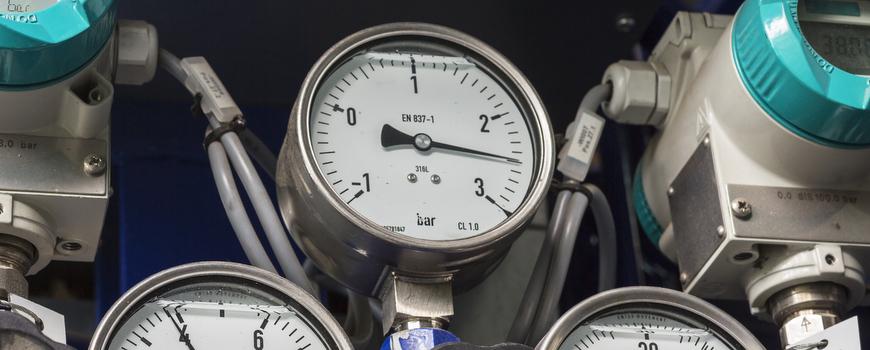
In November 2011, the Commission for Energy Regulation (CER) in Ireland published a consultation paper setting out its proposals for the process of certifying combined heat and power (CHP) plants as high efficiency under the cogeneration directive (2004/8/EC) and the Energy (Miscellaneous Provisions) Act, 2006. In March 2012, the CER published its decision on the certification process (decision paper CER/12/125).
The decision implements the requirements of the Directive and the Act, with the definition of high-efficiency CHP based upon the primary energy saving (PES) achieved. The decision also provides clarity on certain interpretive elements of the directive, in particular regarding the definition of useful heat and the criteria for assessing the economic justification for the heat. In relation to useful heat, the CER has concluded that all economically justifiable heat will be considered as useful heat when calculating the PES. Therefore, heat generated in the plant and used within the plant is not excluded from the assessment of useful heat.
In relation to the criteria for assessing the economic justification of the useful heat, the CER requires an applicant for high-efficiency CHP status to satisfy certain criteria, depending upon the nature of the application. For heat loads currently met by means other than CHP, the applicant is required to demonstrate that the load is being met by a heat generation process that is part of an economically justifiable business. For new heat loads, or heat loads currently met by CHP, the applicant is required to provide an economic analysis of the business. For the useful heat demand to be considered economically justifiable, the applicant must demonstrate a positive net present value (NPV) when calculated over a 15-year period using the CER’s weighted average cost of capital (WACC) for the regulated electricity network.
The decision also sets out the information that an applicant for high-efficiency CHP certification must submit, both for the initial certification process and for subsequent annual reporting (required to maintain the high efficiency status). In the case of the latter, if an annual report indicates that a certified CHP facility is failing to meet the requirements for high-efficiency status, the certificate will be revoked.
The CER intends to process applications on a first come, first served basis. It notes that due to the differences in the nature and complexity of potential applications, the rate of progression of different applications through the evaluation process will vary. The decision does not give an indication of the anticipated application processing period.
